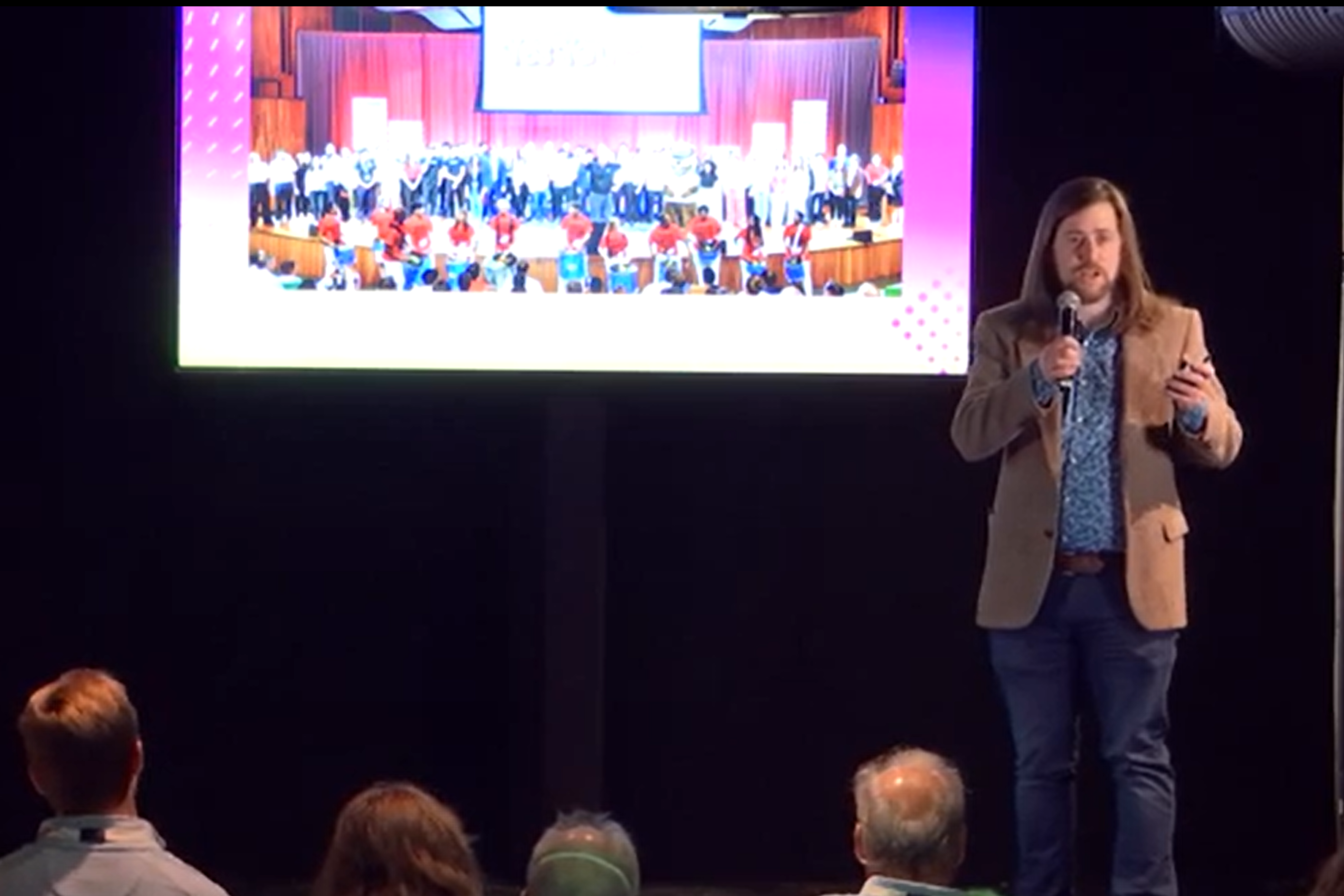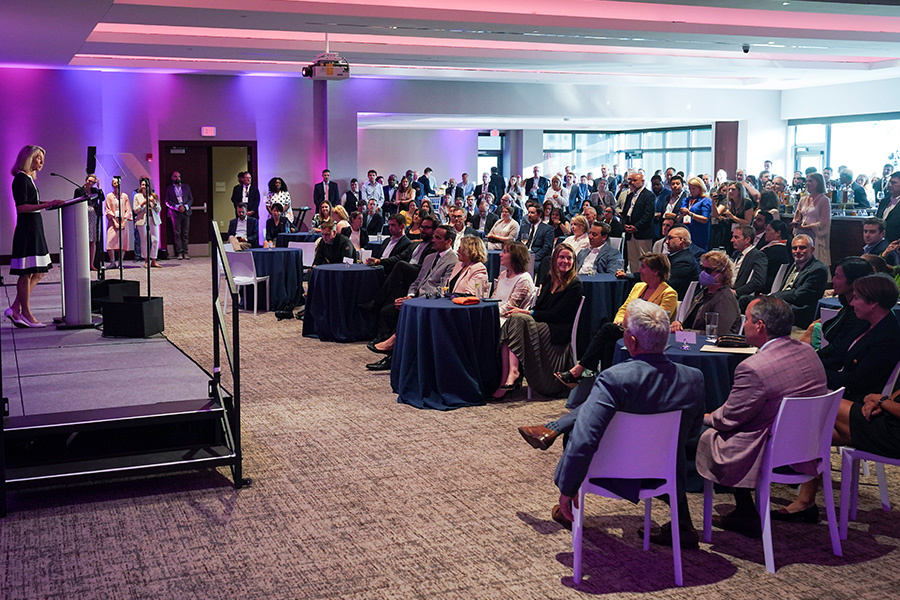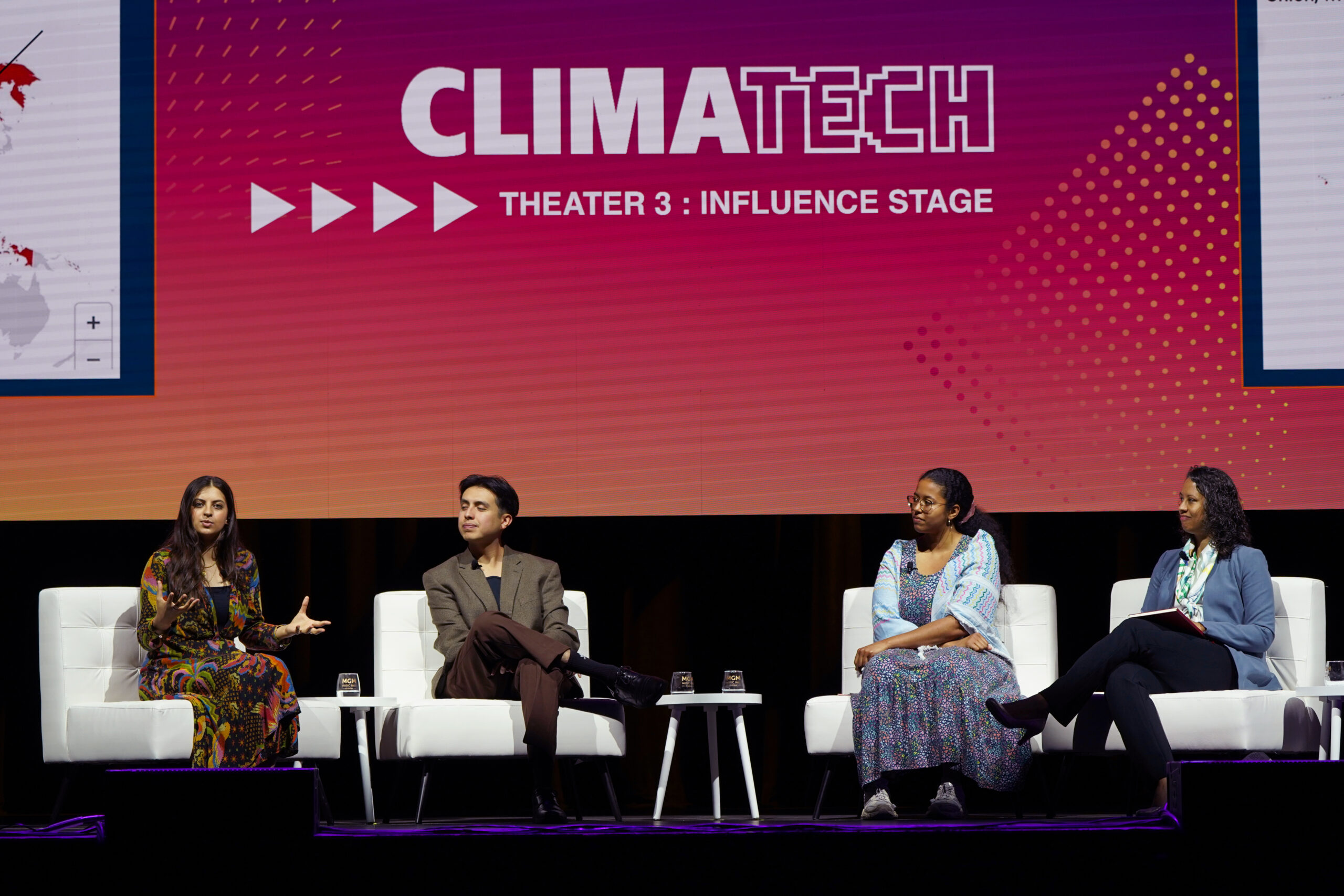Ben Soltoff, Ecosystem Builder and Entrepreneur in Residence at the Martin Trust Center for MIT Entrepreneurship, shares insights into how education can drive innovation in tackling the climate crisis.
Climate change represents one of the most pressing challenges of our time, and addressing it requires a bold and innovative approach. Among the most promising solutions are those emerging from the world of startups, where visionary founders tackle complex problems with agility and creativity.
A Global Call to Action
Six months ago, the UN Climate Conference in Dubai brought together over 100,000 attendees. Amid the clamor of corporate leaders and oil states vying for sustainability credentials, one area stood out: the startup booths. Nestled away from the main event, these booths were a hub of innovation, showcasing next-generation technologies for electricity generation, energy storage, industrial heat, carbon removal, and scalable business models. Startups are where the real work happens—bridging the gap between today’s challenges and tomorrow’s solutions.
At MIT, a phrase encapsulates this ethos: startups “get ship done” (ship being short for entrepreneurship). Nowhere is this ethos more critical than in the fight against climate change. The data is clear: while progress is being made, it is not enough to avert the worst impacts. More climate startups are needed, along with better systems to support them.
How MIT Teaches Entrepreneurship
The Martin Trust Center for MIT Entrepreneurship specializes in teaching students to think and act like entrepreneurs. The process begins by fostering a mindset: “Yes, you can.” Whether it involves starting a company, leading a team, or solving real-world problems, this belief is foundational. To reinforce this message, a two-week festival is hosted each year that celebrates entrepreneurship with pomp and circumstance.
Once students believe they can be entrepreneurs, they are taught how through the Disciplined Entrepreneurship framework, a 24-step process developed by Bill Aulet. This framework is:
- Accessible: Breaking down the daunting journey of entrepreneurship into manageable steps.
- Rigorous: Grounded in years of teaching and real-world startup experience.
- Open Source: Available for free online, enabling widespread adoption.
Students learn by doing, often working on startups while still in school. Whether these ventures are pursued long-term or simply used as learning experiences, the focus remains on student growth. For those who commit to their startups, the journey culminates in the summer accelerator, Delta V, where ideas are refined and brought to market.
Climate Entrepreneurship at MIT and Beyond
MIT has been a leader in climate entrepreneurship for nearly two decades. The Climate and Energy Ventures course, launched 17 years ago, has educated hundreds of students and spun out over 50 startups addressing critical challenges in energy and sustainability. These ventures aren’t just about profit; 89% of startups from the accelerator align with the United Nations Sustainable Development Goals.
This success is not confined to Massachusetts. A partnership with universities across Texas led to the creation of the Texas Exchange for Energy and Climate Entrepreneurship. This initiative has inspired students to pursue climate startups and helped establish new programs like the University of Texas at Austin’s Climate and Energy Ventures course. Such collaborations are vital for transitioning economies away from extractive industries and toward sustainable innovation.
The Future of Climate Entrepreneurship Education
The future of climate entrepreneurship education is both exciting and dynamic. Building on the foundation of the Disciplined Entrepreneurship framework, new resources tailored to climate startups are being developed. These include:
- A New Book: A climate-specific adaptation of the Disciplined Entrepreneurship framework, set to be published in 2025. This book will be accessible, rigorous, and open source, designed to address the unique challenges of climate tech startups.
- Generative AI Tools: AI tools have been developed to accelerate the entrepreneurial process. These tools help students draft business plans and strategies in seconds, reducing the time needed to get started. Similar tools are in development for climate startups, enabling rapid ideation and execution.
- Global Accessibility: By making these tools and resources freely available, universities, accelerators, and incubators worldwide can adopt this model and inspire the next generation of climate entrepreneurs.
View Ben’s full session from ClimaTech 2024 here:








